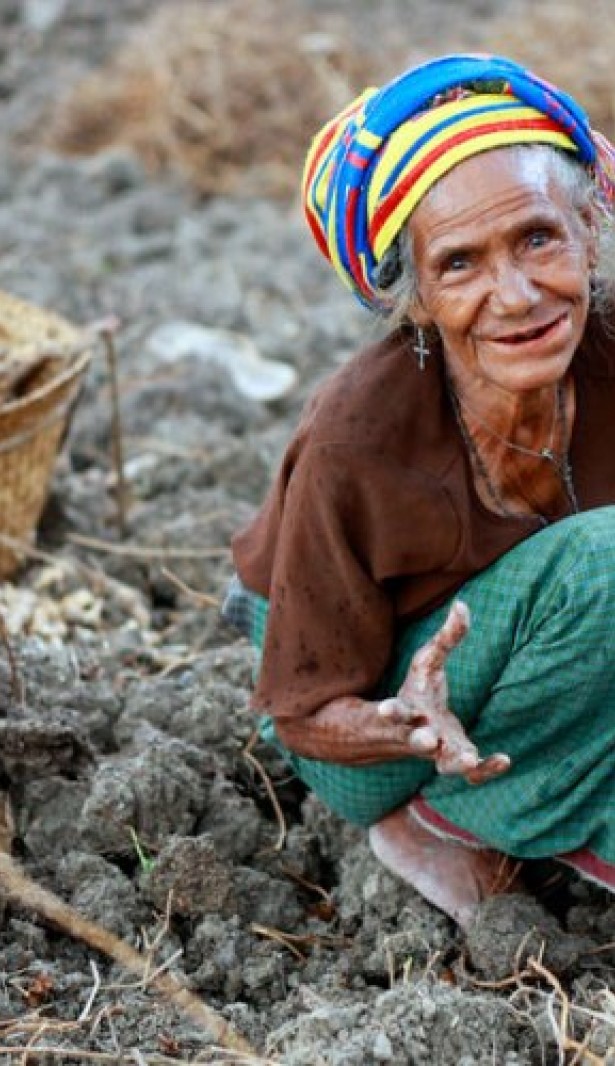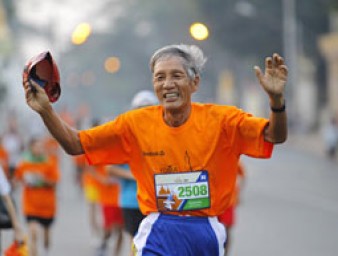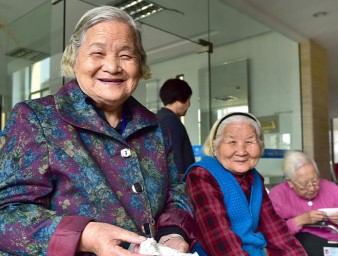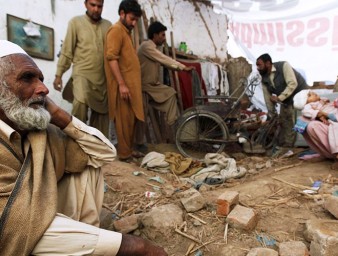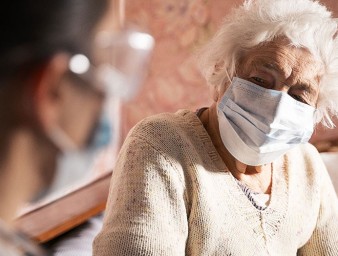Older people need stronger human rights protection
22 July 2019
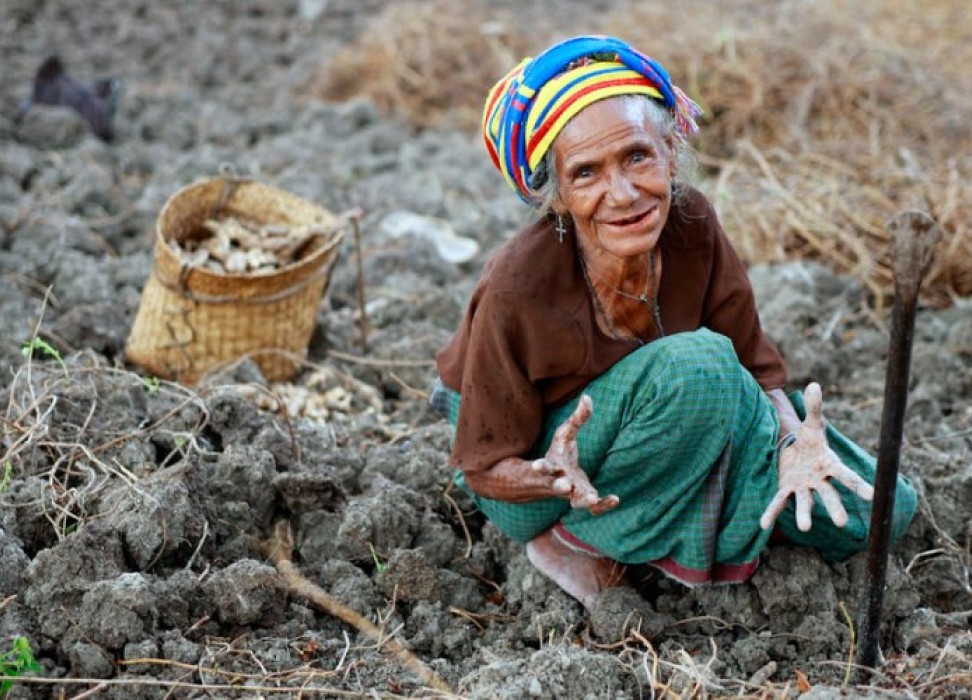
“I think the biggest challenge older people are facing is being invisible. They are not recognised. No one sees them.”
Idah Mukuka Nambeya knows all about the invisibility of older persons. As the senior advisor for the Grandmothers to Grandmothers programme, she spends much of her time working with older women in communities across Africa. These women have been left to take care of children, work odd jobs, support families and more in communities that have lost whole generations due to the HIV and AIDS crisis.
“They’ve done a lot to protect our communities,” she said. “Without them, our communities would’ve been broken.”
The grandmothers are struggling, Nambeya said. They struggle mainly because no one sees them. Interventions, assistance usually focus on younger people and children. Even international human rights law tends to focus on youth, leaving older people behind.
“They say we all have rights, but these rights are not being shared with older people,” Nambeya said. “We are leaving older people behind. We are saying stipulate what rights older person should have. They should have (a law).”
Addressing specific human rights protection gaps for older persons was the focus of recent discussions by Human Rights Council. Discussions focused on the challenges facing older women, as well as what can be done through technical cooperation and capacity building, for the better enjoyment of rights of older persons in general.
A growing challenge
The contributions of older women need to be recognised and harnessed, said UN High Commissioner for Human Rights Michelle Bachelet. Almost a quarter of the women over age 60 work, many of them in farming and other informal sector jobs. In Sub-Saharan Africa, 42 percent of women over age 65 work.
“Many older women engage in unpaid domestic and care work – jobs not accounted for in the formal economy, but without which many societies could barely function,” Bachelet said. “We need public support for care services that protect the rights of those who need care and those providing the care.”
A report by the UN Human Rights Office looking into the rights of older persons found that too often, older persons are subjected to discrimination, neglect, exclusion and other violations of human rights, and the international community has not paid sufficient attention to those obstacles.
“Older persons’ participation in social and economic life may also be at risk because of prevailing negative images of the aged,” the report states. “Despite those realities, the visibility of issues related to older persons in the field of human rights is still very low.”
The growing population of older persons sparked the challenge to specifically recognise and improve their human rights. In 2018, for the first time in history, there were more people aged 65 and over than there were children under 5 years old worldwide, the report stated. It is expected that between now and 2050 the number of people over 65 will double worldwide.
“These are the product of human kind’s greatest achievements – the fruit of reductions in loss of life from preventable causes, of uplift of millions out of extreme poverty; of social, medical and public health breakthroughs that enable more of us to live longer, healthier and safer lives,” said Kate Gilmore, UN Deputy High Commissioner for Human Rights.
Healthy aging dividend
One way to capitalise on this growing older population would be to create a more joined up approach to health care investment, said Dr. Ruediger Krech, director of Department of health promotion for WHO. Rather than seeing aging as a problem to be staved off, embrace the idea of healthy aging, he said.
“Healthy aging is a health care issue and a human rights issue, as well as an economic and social issue,” he said. “It’s not just about having a long life, but about having a healthy life.”
Another initiative would be to adopt a new human rights convention on the rights of older persons, said Andrew Byrnes, a professor of law from the University of New South Wales in Australia. Recent discussions by the Open-Ended Working Group on Ageing, as well as Independent Expert on the human rights of older person, have made it clear that a treaty would codify State obligations not specifically covered in existing human rights laws for older persons.
For example, there is no guarantee of the right to education or life-long training for older persons, something of importance to older women in particular who wish or need to continue in paid work, he said.
“Ubiquitous and iniquitous ageism is at the core of discrimination against older persons,” he said. “An age-focused treaty would allow that phenomenon to be addressed comprehensively.”
Just as communities are being encouraged to embrace the “youth dividend” (the huge populations of those under 30 years old that have decreased the median age in many countries to under 18), the growing number of older persons should also be harnessed, Gilmore said.
“Global aging is seen wrongly as a burden on society and economy,” she said. “But the research confirms that upholding the rights of older persons and investing in older persons’ capacities is a game changer for their active contribution to society for longer.”
22 July 2019
